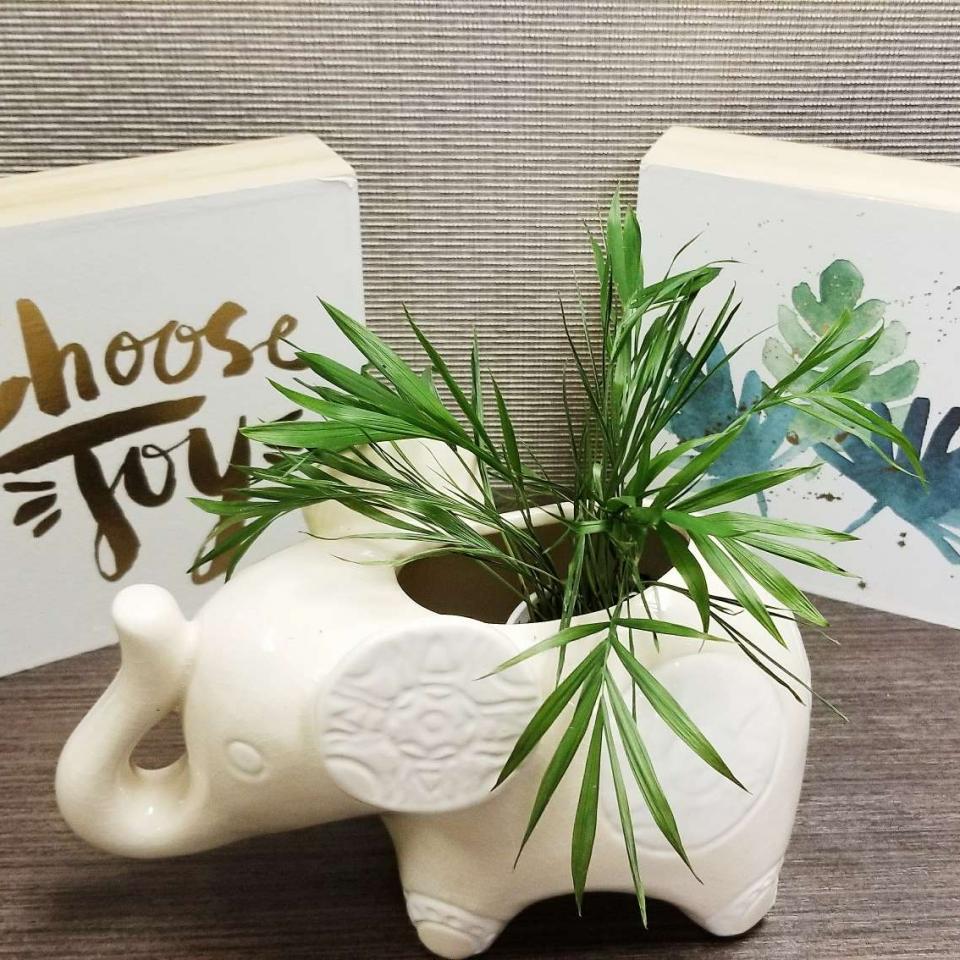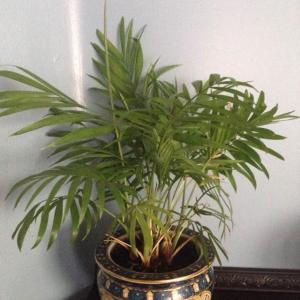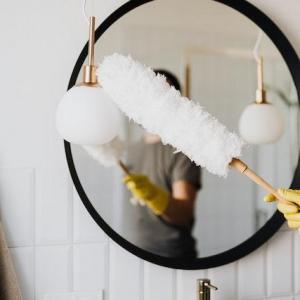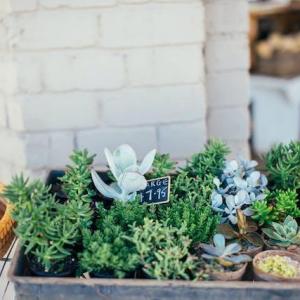Plant Experience
Detail
LIGHT
A Parlor or Neanthebella Palm is a great plant for those low-light corners where nothing else seems to grow. If you can read a book during the day without putting on a light, you can put a Parlor Palm there. Parlor Palms do grow faster in bright filtered light.
WATER
Water a Neanthebella Palm well and then allow the top 50% of the soil to dry out before watering again. Under-watering a Parlor Palm may result in entire fronds turning yellow. Over- watering a Parlor Palm causes root rot. The more light a Parlor Palm gets the more water it needs.
FERTILIZER
Feed a Neanthebella Palm monthly in the spring and summer with a basic houseplant food at 1/2 the recommended strength. Fertilize a Parlor Palm every other month in the fall and winter. Houseplant palm plants in low light conditions need less food.
TEMPERATURE
A Parlor Palm does well in temperatures between 55-85 degrees.
HUMIDITY
Basic household humidity is fine for a Parlor Palm.
PESTS
Parlor Palms attract houseplant pests such as Mealy Bugsand spider mites. With a minor pest infestation, spray the fronds of the Palm Plant with warm biodegradable soapy water every 10 days. With a more serious houseplant pest infestation, spray the Palm Plant fronds with a commercialinsecticidal soap.
SOIL
The soil of a Parlor Palm needs to dry out quickly to prevent root rot. Use a fast- draining, loose, potting soil that has some extra sand in it for all houseplant Palms.
POT SIZE
Parlor Palm plants can be found in containers 4” to 14” in diameter.
PRUNING
A Parlor Palm plant is not pruned like other plants. When a leaf of a Parlor Palm dies, remove ONLY the leaf and not the stem that connects it to the main trunk of the plant. New growth on a Parlor Palm plant develops from the remaining leaf stem.
PROPAGATION
Parlor (Neanthebella) Palms are propagated by seeds or plantoffsets.
A Parlor or Neanthebella Palm is a great plant for those low-light corners where nothing else seems to grow. If you can read a book during the day without putting on a light, you can put a Parlor Palm there. Parlor Palms do grow faster in bright filtered light.
WATER
Water a Neanthebella Palm well and then allow the top 50% of the soil to dry out before watering again. Under-watering a Parlor Palm may result in entire fronds turning yellow. Over- watering a Parlor Palm causes root rot. The more light a Parlor Palm gets the more water it needs.
FERTILIZER
Feed a Neanthebella Palm monthly in the spring and summer with a basic houseplant food at 1/2 the recommended strength. Fertilize a Parlor Palm every other month in the fall and winter. Houseplant palm plants in low light conditions need less food.
TEMPERATURE
A Parlor Palm does well in temperatures between 55-85 degrees.
HUMIDITY
Basic household humidity is fine for a Parlor Palm.
PESTS
Parlor Palms attract houseplant pests such as Mealy Bugsand spider mites. With a minor pest infestation, spray the fronds of the Palm Plant with warm biodegradable soapy water every 10 days. With a more serious houseplant pest infestation, spray the Palm Plant fronds with a commercialinsecticidal soap.
SOIL
The soil of a Parlor Palm needs to dry out quickly to prevent root rot. Use a fast- draining, loose, potting soil that has some extra sand in it for all houseplant Palms.
POT SIZE
Parlor Palm plants can be found in containers 4” to 14” in diameter.
PRUNING
A Parlor Palm plant is not pruned like other plants. When a leaf of a Parlor Palm dies, remove ONLY the leaf and not the stem that connects it to the main trunk of the plant. New growth on a Parlor Palm plant develops from the remaining leaf stem.
PROPAGATION
Parlor (Neanthebella) Palms are propagated by seeds or plantoffsets.
Album (1)

brielle
2017-11-03

This is my first growing diary.


Related Users
Elite Article














